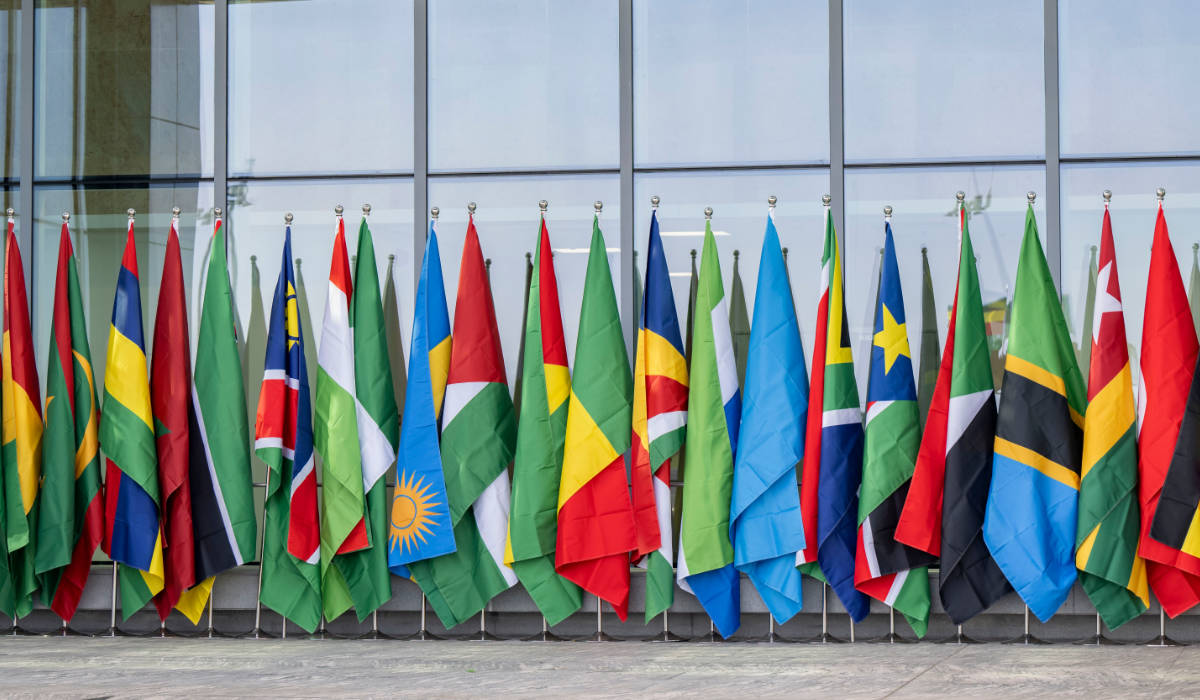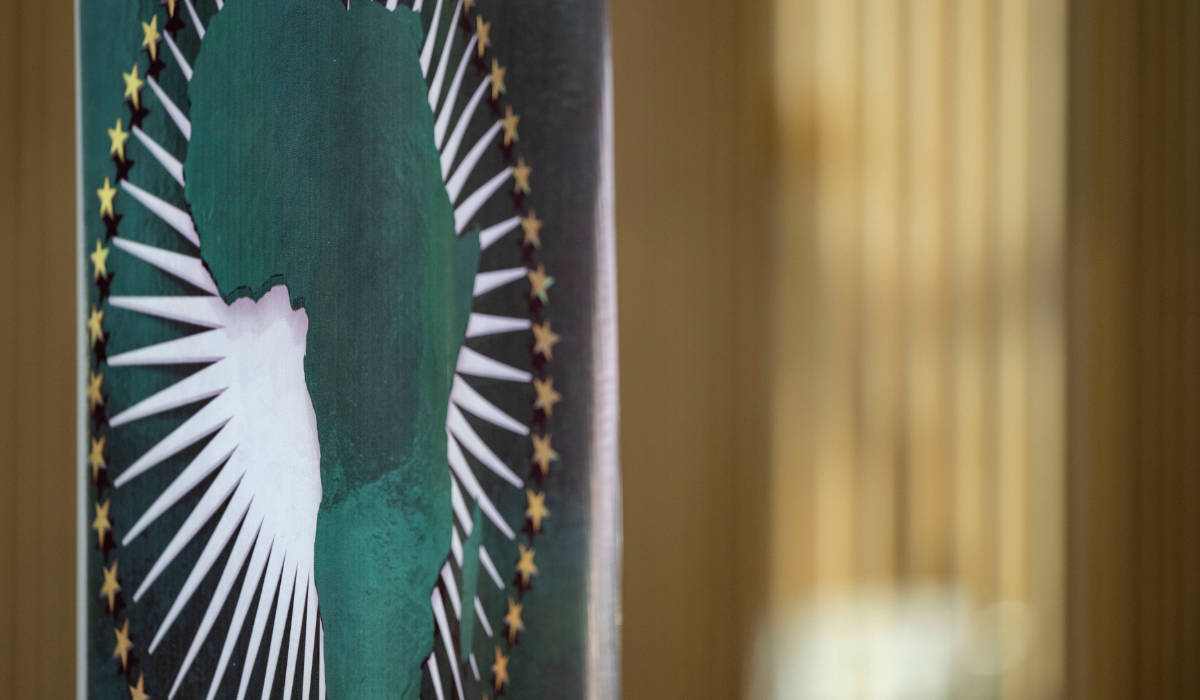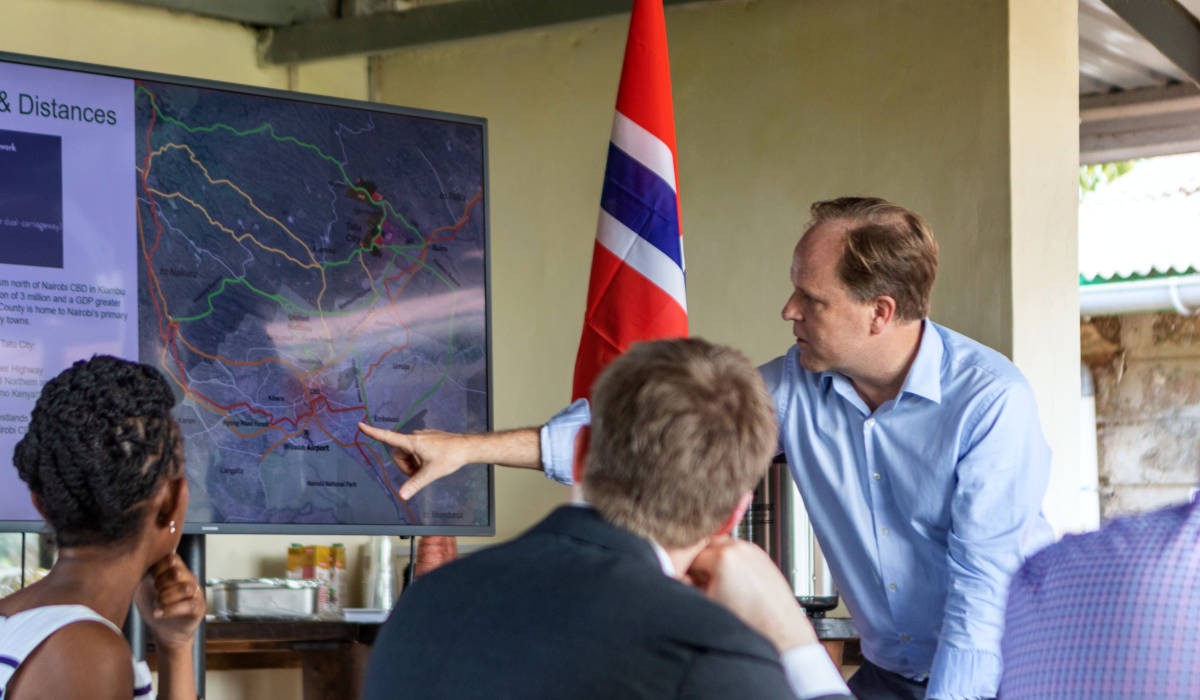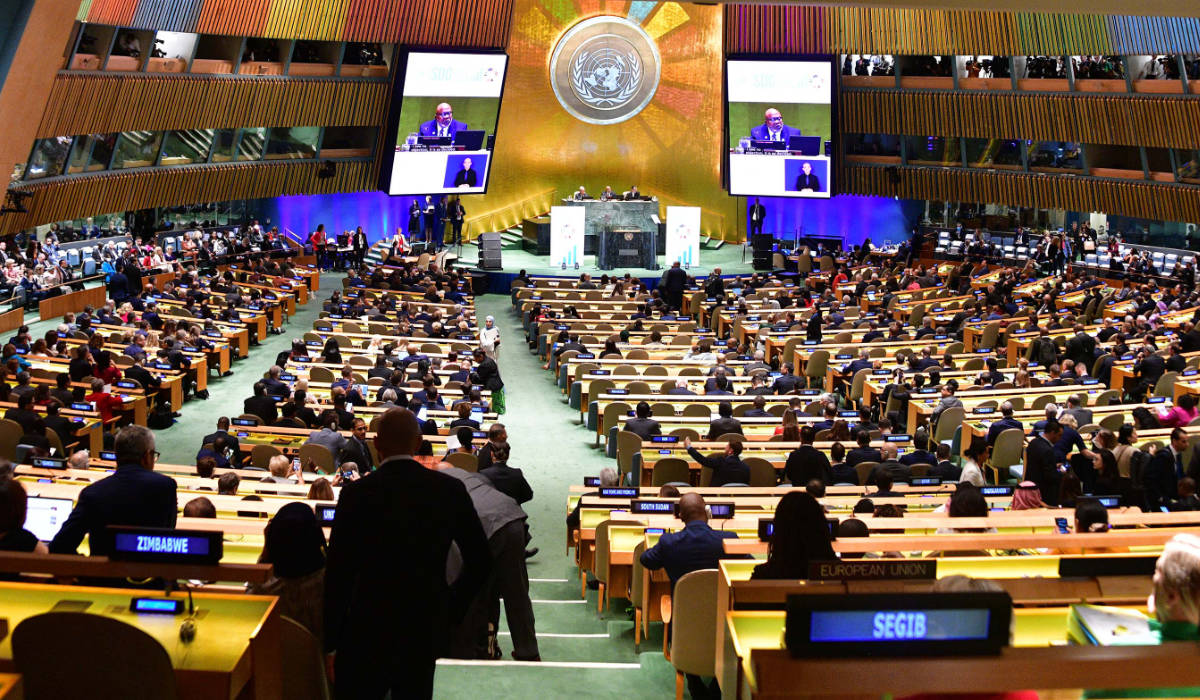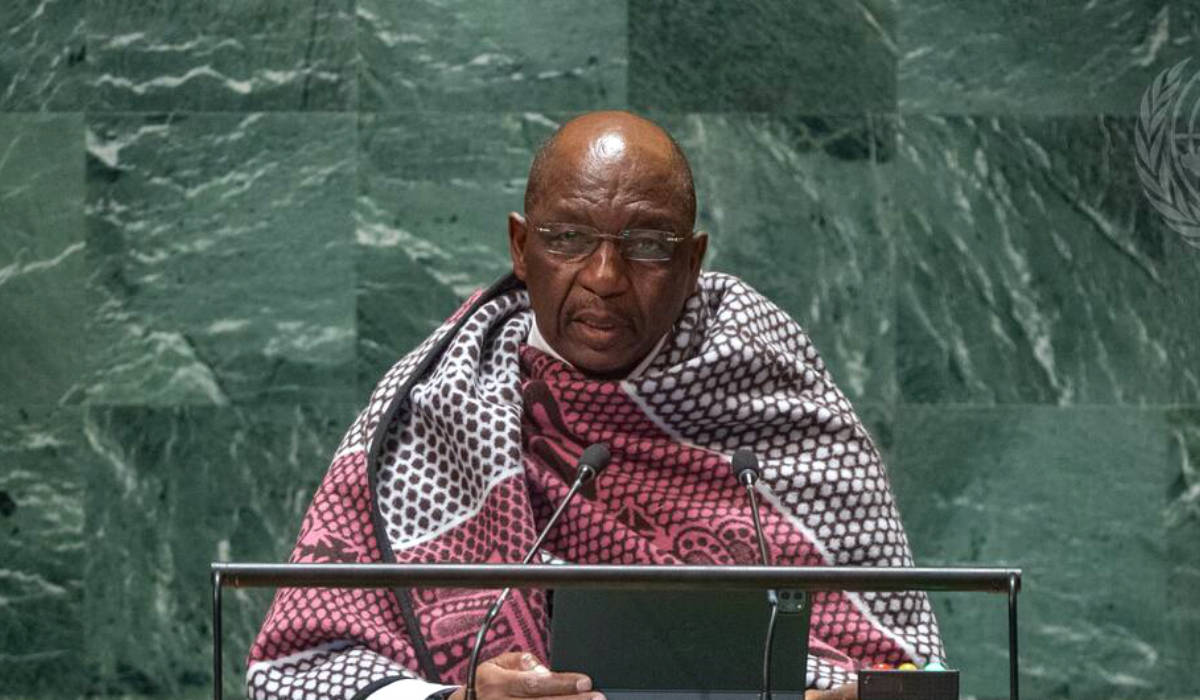This month we begin the Monitor with two reflections on the impact that Nordic Countries have had on peace and security in Africa. Vasu Gounden has written an article about the important role that Nordic countries have had in the development of peacemaking and peacekeeping in Africa. Their support has been constant, even in the face of a changing geopolitical landscape. Cedric de Coning and Angela Muvumba Sellström have also written a piece on the Nordic contribution to peace and security co-operation in Africa. Their article discusses the recently published report from the Norwegian Institute of International Affairs (NUPI) and the Nordic Africa Institute (NAI) that highlights the Africa-Nordic co-operation in the field of peace and security over the decade 2012-2021.
The major outcomes of the recently concluded United Nations General Assembly week are discussed by Richard Ponzio. He highlights the highs and lows as they relate to the Sustainable Development Goals, the Summit of the Future, the Climate Action Summit, conflicts on various continents and the High-Level Dialogue on Financing for Development, and what the outlook for each of them is in the future.
Finally, Katharine Bebington and Nkanyiso Simelane have written an article about the recent developments in Lesotho. Their article discusses the status of the implementation of the reform processes, recent motion of no confidence in the government and the reaction of the security sector in the Kingdom.

